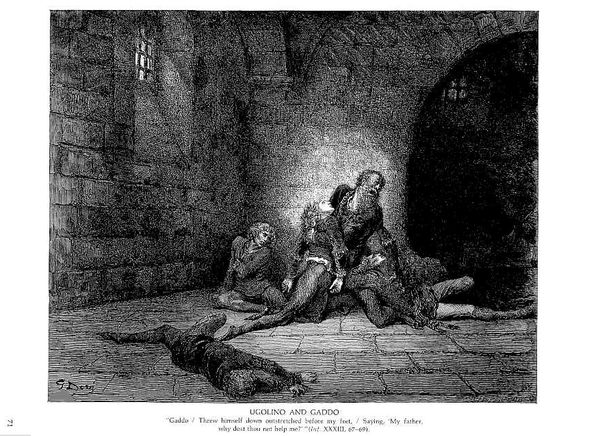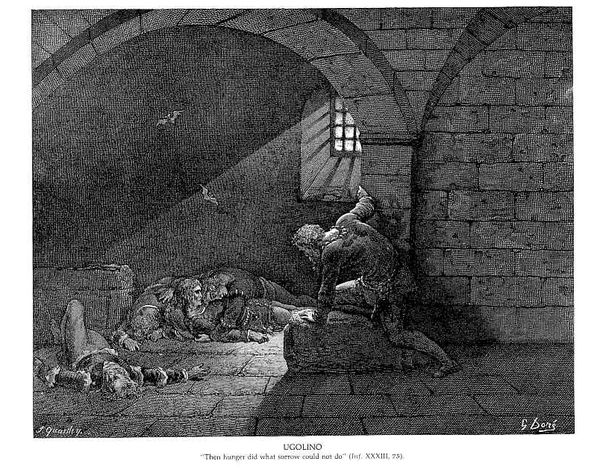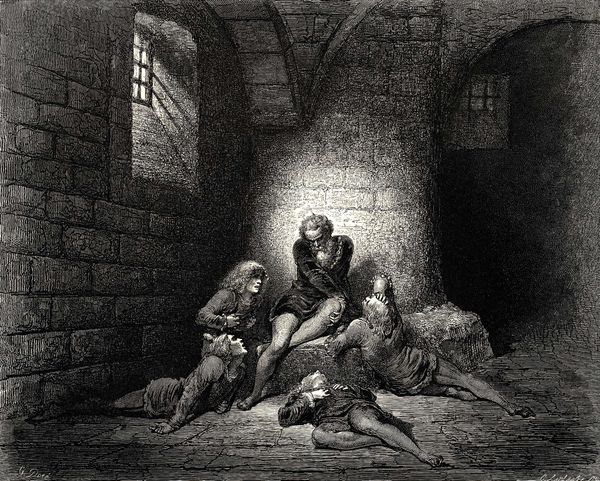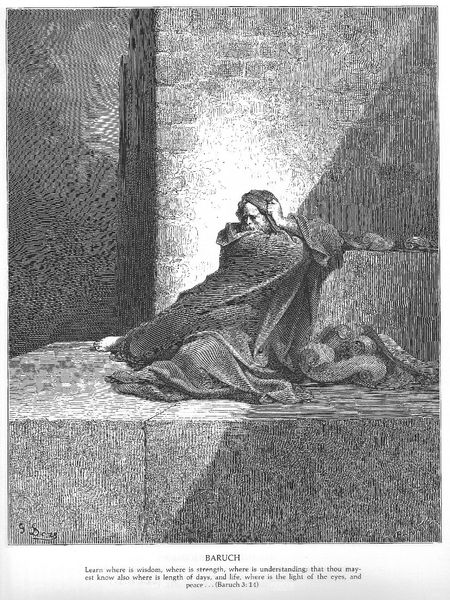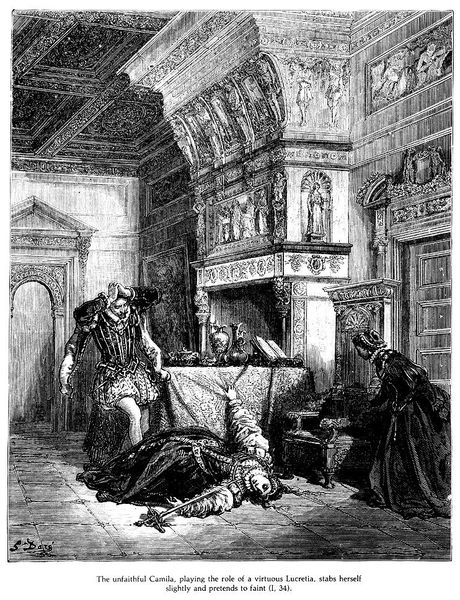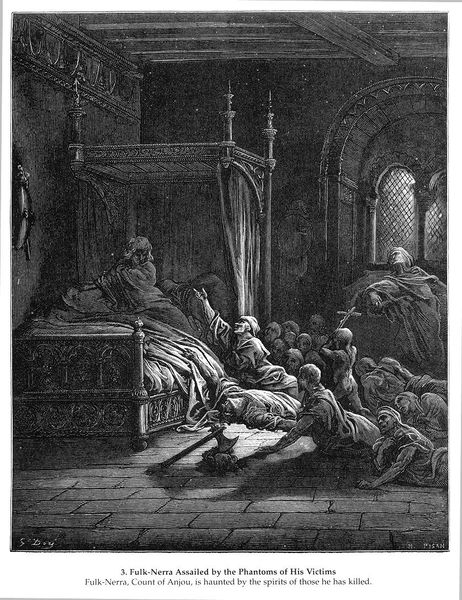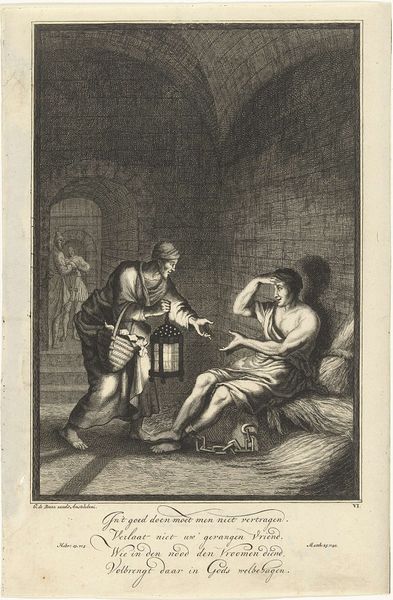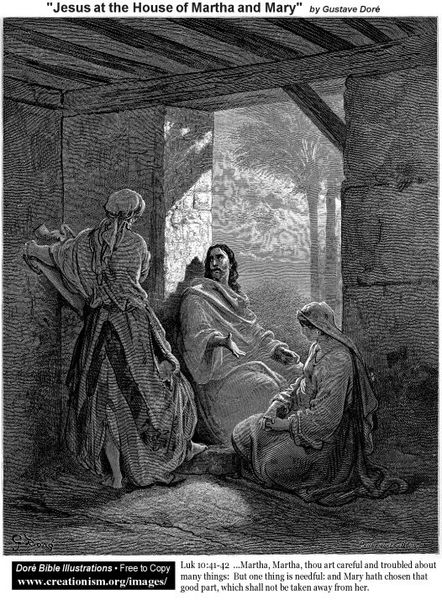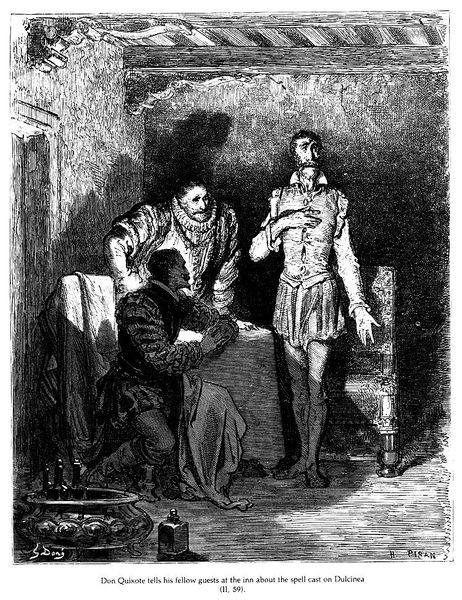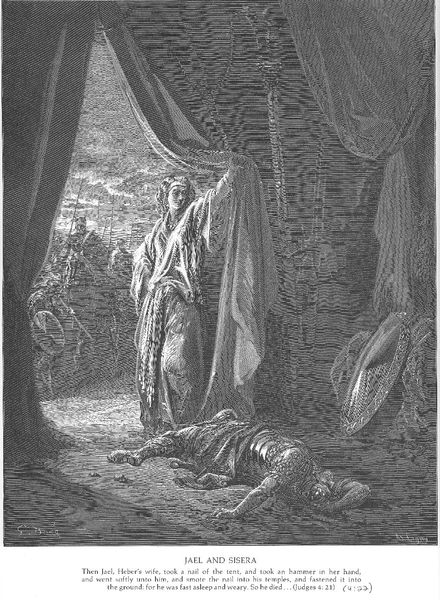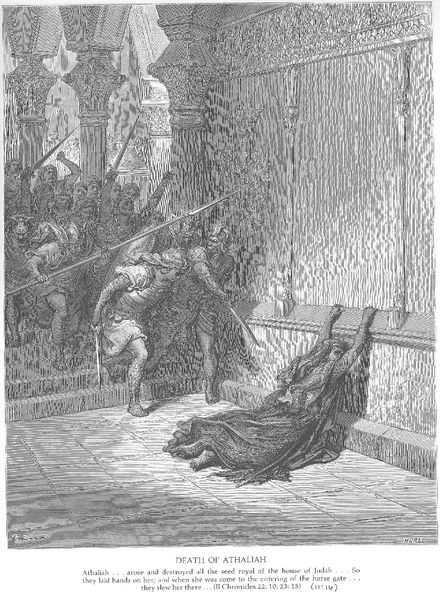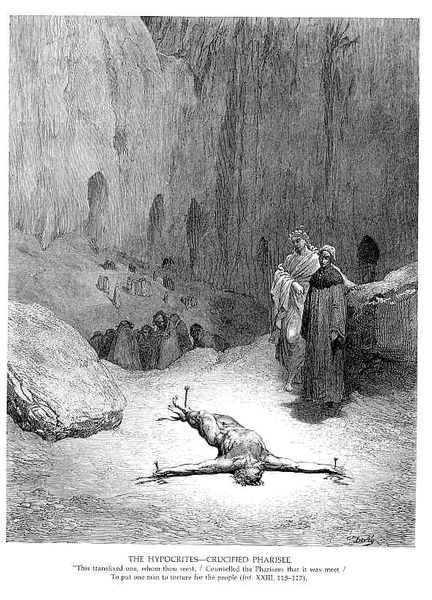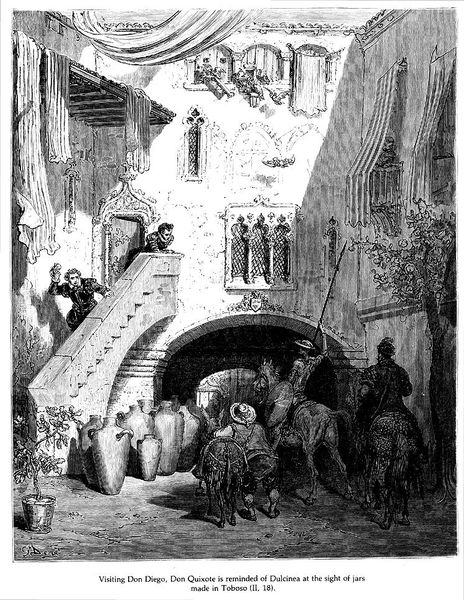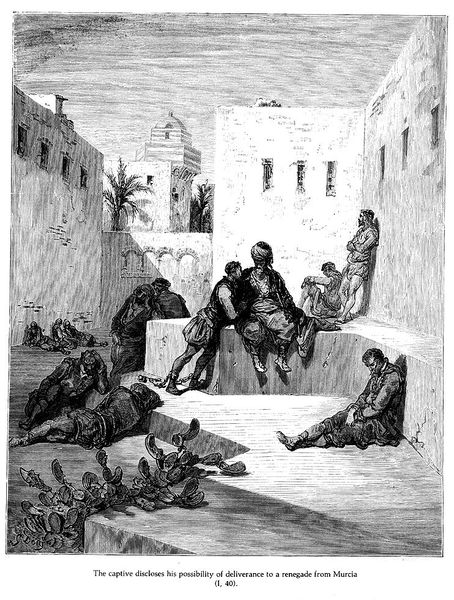
drawing, engraving
#
drawing
#
narrative-art
#
figuration
#
romanticism
#
history-painting
#
engraving
Copyright: Public domain
Gustave Doré made this engraving, titled Ugolino, in nineteenth-century France. The image depicts a scene from Dante's Inferno, where Count Ugolino della Gherardesca is imprisoned and starved with his sons and grandsons. Doré was a highly successful commercial artist, and his illustrations were widely circulated in books and periodicals. His images gained popularity due to the rise of mass media and increased literacy rates. The engraving is a powerful depiction of human suffering, reflecting a growing interest in the plight of the marginalized during the Industrial Revolution. Doré’s images often carry a political charge, highlighting the social inequalities of his time. His images also comment on the traditional values upheld by institutions such as the church, which, in Dante’s poem, is blamed for Ugolino's plight. To understand Doré’s Ugolino better, historians study not only Dante's poem but also the social conditions of nineteenth-century France and the commercial market for images.
Comments
No comments
Be the first to comment and join the conversation on the ultimate creative platform.
